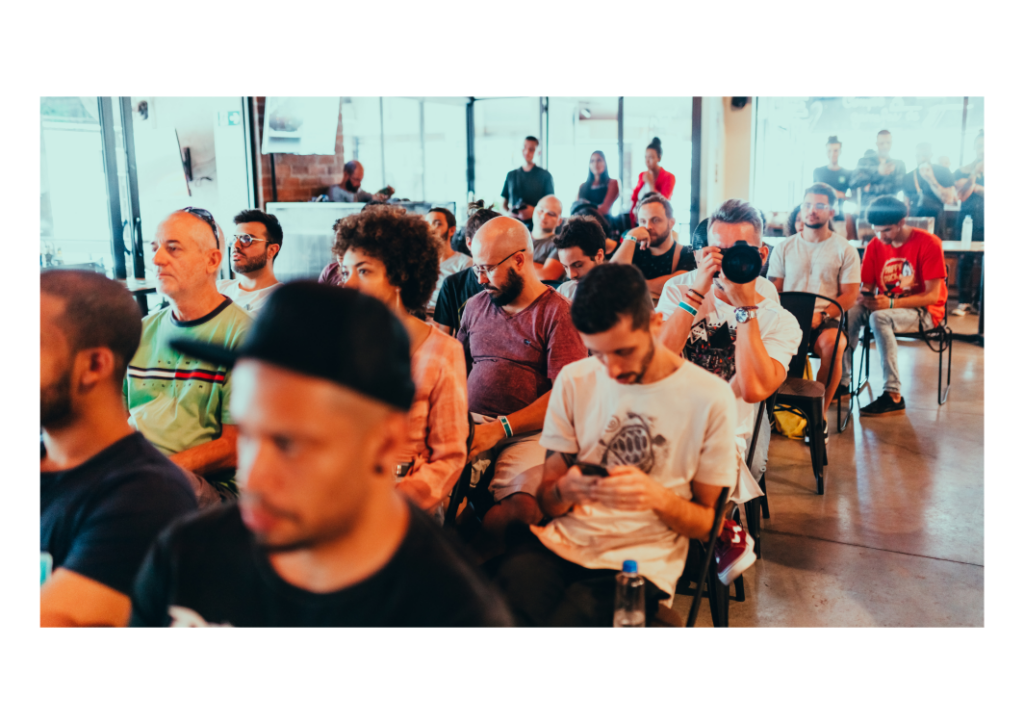Context Active citizenship
Active citizenship in Italy
Integration is also about playing an active role in the Italian society.

Overview
Integration is also about playing an active role in the Italian society, developing and sustaining real people-to-people contacts through social, cultural and sports activities as well as political engagement.
According to the Consolidated Law on Immigration, “the State, the regions, the provinces and the municipalities, within the scope of their competences,” shall promote the active participation of Third Country Nationals, “also in collaboration with the associations of foreigners and with the organizations permanently operating in their favor, as well as in collaboration with the authorities or with public and private bodies of the countries of origin”.
It is with this purpose that the Ministry of Labour and Social Policies (MLSP), in partnership with ISTAT (the National Institute of Statistics), annually analyses these organizations’ activities in order to identify shared strategies for the valorization and dissemination of data on migration and TCNs’ integration in Italy.
Worth to be mentioned in this sense is the support provided to regional authorities through the “IMPACT” AMIF Call for actions that promote the implementation of the Regional Plans for TCNs’ integration, with a specific component on activities to promote migrants’ active participation to the socio-economic and cultural life, by also valorizing migrants’ associations.
When considering the active participation and social inclusion of TCNs, there are several dimensions and ways forward to reflect on. One of them entails the organization of civic orientation programs for TCNs as a way to foster their active participation and social inclusion, so as to promote their understanding and respect of the EU and Italian values. In Italy, these courses are foreseen for those TCNs who subscribe the Integration Agreement, mandatory for holders of permits with a duration of at least one year.
Another dimension relates to the exchanges with the host society from the very beginning through volunteering, sport and culture activities. These actions allow to bring out the expressive potential and skills of TCNs, create socialisation activities, take part in the life of the community, promote intercultural dialogue and exchange, especially outside the reception system for asylum seekers and International Protection Holders (IPHs), prevent conflicts and a sense of social exclusion. With this purpose, several projects and activities are nationally and locally funded.
Despite some very interesting initiatives, in Italy the possibilities for an active participation of migrants in the social and political life are, from a legal point of view and both at national and local level, very limited as the right to vote is reserved exclusively to Italian citizens.
As for the direct involvement of TCNs in the design and implementation of integration policies as essential element to improve their participation and therefore their integration outcomes, consultative bodies both at national and local level need to be taken into consideration.
Considering the role of education for migrants’ social inclusion into the society, the active participation in the school system of the families of migrant children is a tool for the promotion of their education and social inclusion. However, research proved that even TCNs who work in a school as linguistic/cultural mediators are only occasionally involved in the decision-making and participatory processes of the school, even when their own children attend the school in which they work.
Besides the above, and specifically related to the challenges for the active participation of TCNs, the acquisition of citizenship remains the central issue. In a hard social and work landscape, very often the opportunities for participation are drastically reduced: to have a regular residence permit, a fair paid work and with a minimum of labour guarantees are the basic requirements that open the doors to a greater commitment in the social and public spaces. The second generations seem more active and involved in this sense, and the role of the third sector, trade unions and associations in general (especially that of migrants) can be crucial for positive changes in the near future.
Any framework/action for the active participation and social inclusion of TCNs should be complemented to investments in legislation, projects and measures aimed at combating racism, xenophobia, prejudice and stereotypes, as well as the full implementation of anti-discrimination legislation and equal treatment. Italy has a national office for promoting equal treatment and repressing race and ethnicity discrimination, briefly named UNAR (National Anti-Racial Discrimination Office). Unfortunately, it is the institutions itself that reported in the past years a constant increased level of discrimination as well as use of the migration discourse for political gain.
Covid-19
The global health crisis due to the COVID-19 pandemic has impacted severely the Italian society and its economy.
The Government extended all residence permits and other key documents, all pre-requisites for accessing the financial support measures established and giving this way the possibility on continuing working.
Despite the fact that migrants holding a regular permit were entitled to unemployment benefits and compensations as Italian nationals, subject to the fulfilment of certain criteria, which unfortunately weren’t always compatible with the contracts hold by TCNs, some Municipalities added specific additional requirements so as to deny bonuses to some categories, including TCNs.
Moreover, in order to face the interruption of key services for the inclusion of TCNs because of the national restrictions imposed to control the spread of the virus, efforts were made towards the communication in different languages of the existing support actions as well as legal advice. Crucial support in this direction was provided by the third sector, as well as international organizations.
During these months, several campaigns were launched to recognize the importance of TCNs in key sectors such as healthcare, agriculture, delivery services, and so on.
On top of this, many and varied forms of supports came directly from TCNs. Some examples included the initiatives organized by the reception system, with some centres organizing the production and distribution of face masks, or direct support to vulnerable groups of the society (e.g. grocery shopping for the elderly), as well as support provided by migrants’ associations as key actor during the pandemic.
Regional focus
Following the Regional Integration Plan developed in agreement with the MLSP, the Autonomous Region of Sardegna adopted an Action/Intervention Plan for its implementation, in order to “strengthen the regional governance system on the subject through coordination actions with the network of local authorities, other public institutions, economic and social stakeholders and the various components of civil society.” It is stated that in order to facilitate the integration of TCNs, who have very important cultural and linguistic differences, it is necessary to activate targeted pathways, calibrated on the specificities and vulnerabilities of the different target groups, with the use of a concrete approach that maximizes the effectiveness of different interventions. In addition, a specific line on “Communication” was added in 2018, so as to raise awareness among the local population and avoid xenophobia and discrimination.
To this end, the Region has promoted, over the last years, events, awareness and information meetings among which: “NOIS – the Sardinia that welcomes”, with the collaboration of the Theater of Sardinia, days of dialogue, discussion, shows, videos with institutional guests, journalists, community representatives, volunteers, migrants; and “Sardos and migrantes - good integration and reception practices: 1st annual day for discussions with institutions, schools, migrant communities and active citizens”.
In this sense, interesting initiatives in schools were organized, including a series of activities related to sport, music and culture so as to promote socializing moments between students and TCNs.
Do you want to share your project with our community and stakeholders?
Context Active citizenship
Active citizenship in Romania
Overview Overall, Romania continues to be a country of emigration. As per […]
Overview Overall, Romania continues to be a country of emigration. As per […]
Context Active citizenship
Active citizenship in Slovenia
Overview Active participation can be achieved through innovative and supportive social inclusion practices, by […]
Overview Active participation can be achieved through innovative and supportive social inclusion practices, by […]

